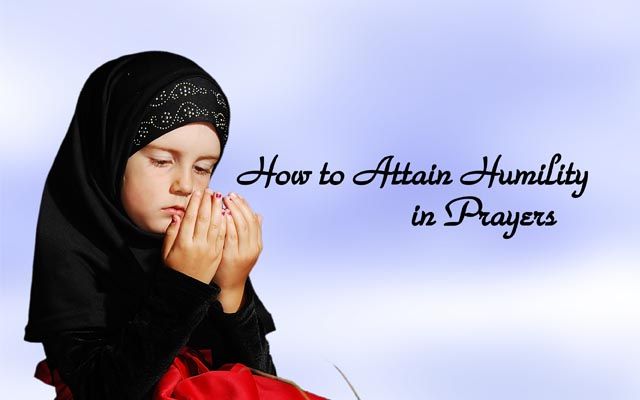The Prophet Muhammad (saws) said:
“You should rush towards virtuous deeds before you are overtaken by turbulent times like a portion of a pitch-dark night, times in which a person may wake up believing and lose faith by nightfall, or believe at nightfall and lose faith by morning, selling one’s religion for a paltry, worldly profit.” (Muslim)
A timely prescription, a warning and a truthful prediction! These insightful Prophetic words could not come at a more opportune time. The prescription is for general virtue, the prophecy a time of unprecedented turmoil of faith and intense greed.
The Moral Virtue Imperative
These words open with an important Islamic value with universal implications. We all know what virtue and good means. It stems from an innate sense of goodness ingrained in all of us, known in Islamic tradition as the fitrah. It is for this reason that—despite all of the differences between people of varying cultures, regions and religions—basic human values and morality is generally equivalent and agreed upon across nations and societies throughout the world. These values include decency, modesty, justice, fairness, truthfulness and respect for the less fortunate, among many others.
Not only does Islam call to this basic morality but the manner in which it does so is highly instructive. The Prophet used the term mubadarah (meaning rush, hurry, hasten), indicating a sense of urgency and priority. In fact, this is a consistent pattern in Islamic texts. Even the Quran, whenever it calls to virtue or to the Hereafter, uses the language of competition, racing and rushing. There are numerous such verses including Race to the forgiveness of your Lord and to Paradise [3:133]; Compete with one another in goodness [2:148], and others.
Contrast this to the verses which allow human beings to partake in the business of the world, such as food, drink, and sustenance: “He made the earth subservient to you, so walk in its paths and eat from His providence.” [67:15] Running versus walking. This world versus the next one. The difference is subtle but at the same time unmistakable.
The lesson is that the world is in urgent need of virtue, we are in need it. The lesson is that our time is running out, and we should feel the sense of urgency. Raise the bar and push yourself harder, in the spirit of athletics and healthy competition.
Faith Turmoil
The Prophet then mentioned the consequences of neglecting this important teaching, with a warning of a frightening time of unstable faith and greed.
According to the commentators of the Prophetic narrations, this warning has several layers of meaning. On one level, it is a warning for us to busy ourselves in virtue before we are personally overtaken by turbulent times in our lives that distract us from good works. On a broader level, it is a call for us as a nation to busy ourselves in preparing for the Hereafter before a collective period of turbulence overtakes us, towards the end of time, that shakes the foundations of our faith. On another level, the implied lesson is that when one does not adopt a life prioritized and oriented to virtue and the Hereafter, the inevitable result is that our life becomes marked by turbulence and strife which places our faith in danger.
The well-known ability of the Prophet Muhammad to express profound and deep meanings with the choice of his words (jawami‘ul kalim) makes it probable that all these meanings and lessons are intended.
It can easily be argued that the period foretold by the Prophet is closer to our times than any other point in our history. Could anyone have visualized 14 centuries ago a future world that would be interlinked into a global village, where the views and thoughts expressed by a single person in the far reaches of the world would have repercussions throughout the nations, and where the issue of religion and religious identity would have become as fluid as they are today?
We are all proudly aware that Islam is the fastest growing religion in the West today, which means that people are leaving other religions to embrace Islam. But at the same time, most of us live in denial of the fact that there are also a growing number that are leaving Islam to adopt other religions, or ceasing to practice and live by the principles of Islam.
Did the Prophet Predict Islamophobia?
Moreover the phenomenon of Muslims, or “former Muslims” to be more precise, selling their religion for a paltry price is also painfully obvious. We live in an era of rising Islamophobia and hatred of others, where an industry exists that places financial incentives in speaking out against Islam and Muslims in sensational ways. There are numerous individuals claiming to be former Muslims who are rewarded with lucrative book contracts and immediate airtime on FOX, CNN and other media outlets.
Our Prophet predicted this time of fluid and shifting faith, with Muslims leaving their religion and vice versa, and the resulting cottage industry that rewards this practice with worldly incentives. For believers it is important to note that the Prophet described these financial gains as meager and paltry in the final analysis.
The solution from our Blessed Prophet is very simple: Rush to virtue and good works. Let us as a community respond to the barrage of Islamophobia and national hatred with an equivalent barrage and national campaign of good works.
“Goodness and evil can never be equal. Repel evil with that which is better, and you will find that your enemy become your friend.” [The Quran 41:34]
Let us repel evil with virtue, and hatred with love. That is the Prophetic way.





